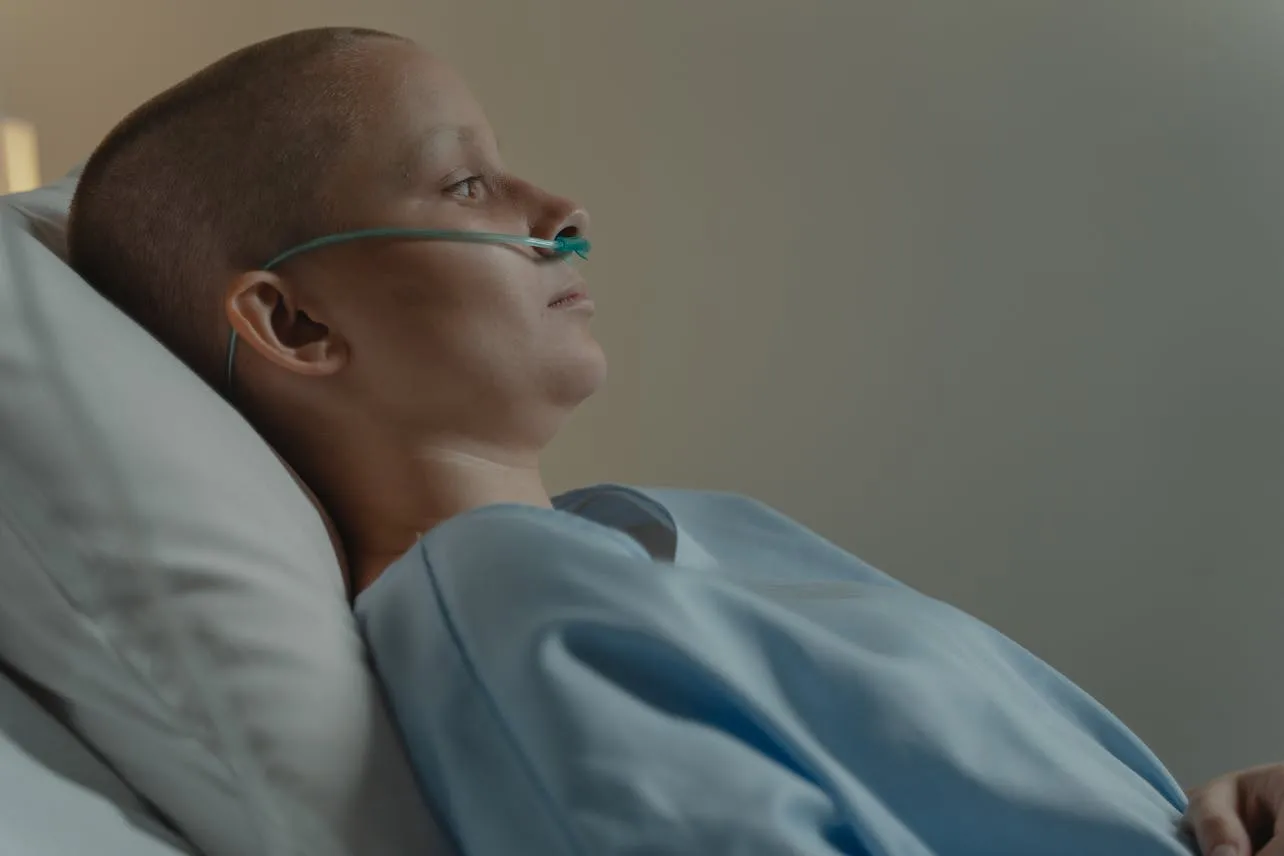
Bayer Launches Phase I Trial of Actinium-225 Therapy for Liver Cancer
Bayer has announced the initiation of a Phase I clinical trial for BAY 3547926 (225Ac-GPC3), an investigational targeted alpha radiopharmaceutical designed to treat advanced hepatocellular carcinoma (HCC) by targeting tumors expressing Glypican-3 (GPC3). This first-in-human, dose-escalation study aims to evaluate the safety, tolerability, and preliminary efficacy of BAY 3547926, both as a monotherapy and in combination with other treatments.

GPC3 is a membrane-associated proteoglycan overexpressed in approximately 70–75% of HCC lesions, making it a promising target for radionuclide therapy. Notably, GPC3 is rarely expressed in normal liver tissue, enhancing its appeal as a therapeutic target.
The study, registered under ClinicalTrials.gov Identifier NCT06764316, will assess the safety profile of BAY 3547926 and determine the optimal dosing regimen. Additionally, researchers will examine how the drug is absorbed and distributed in the body.
BAY 3547926 comprises a high-affinity antibody targeting GPC3, radiolabeled with actinium-225 (225Ac), an alpha-particle-emitting radionuclide. This design allows the delivery of potent alpha radiation directly to GPC3-expressing cancer cells, potentially inducing DNA double-strand breaks and reducing cancer cell viability. Bayer – Global Home
The initiation of this trial represents a significant step in Bayer’s commitment to developing precision oncology therapies. According to Dominik Ruettinger, M.D., Ph.D., Global Head of Research and Early Development for Oncology at Bayer’s Pharmaceuticals Division, this effort underscores the company’s dedication to creating new medicines that target cancer cells with high precision to improve patient outcomes.
Liver cancer, including HCC, remains a leading cause of cancer-related deaths worldwide, with nearly 900,000 new cases diagnosed annually. In the United States, HCC accounts for approximately 2% of new cancer cases and 5% of cancer deaths, highlighting the urgent need for more effective treatments.
Bayer’s targeted alpha therapy (TAT) portfolio is expanding, with BAY 3547926 being the third TAT program in clinical development and the first investigational targeted radiopharmaceutical for HCC. Other programs include 225Ac-Pelgifatamab and 225Ac-PSMA-Trillium, both currently in Phase I trials for advanced metastatic castration-resistant prostate cancer.
On April 28, 2025, Bayer presented preclinical data on BAY 3547926 at the American Association of Cancer Research (AACR) Annual Meeting during the “New Drugs on the Horizon” session. The presentation highlighted the compound’s low uptake and rapid clearance from normal organs, as well as its ability to induce tumor regression in in vivo models. This recognition emphasizes Bayer’s commitment to advancing its precision oncology development portfolio.
In summary, the initiation of the Phase I trial for BAY 3547926 marks a pivotal advancement in the development of targeted therapies for HCC. By focusing on GPC3, a protein overexpressed in the majority of HCC cases, Bayer aims to provide a more effective and precise treatment option for patients battling this challenging disease.







